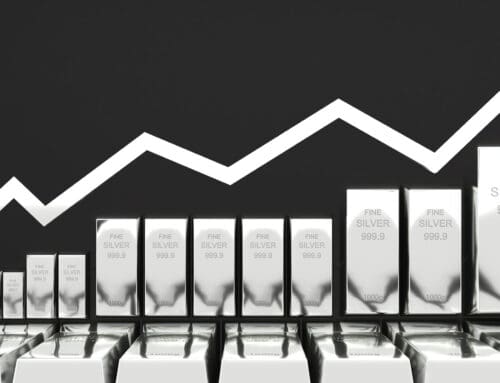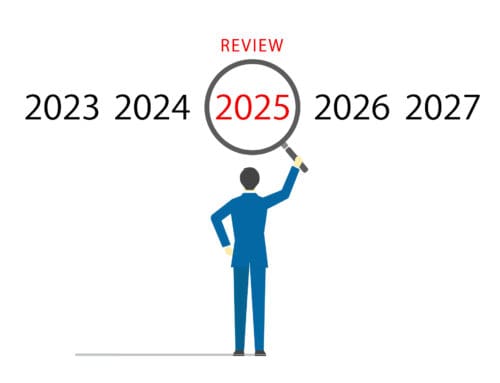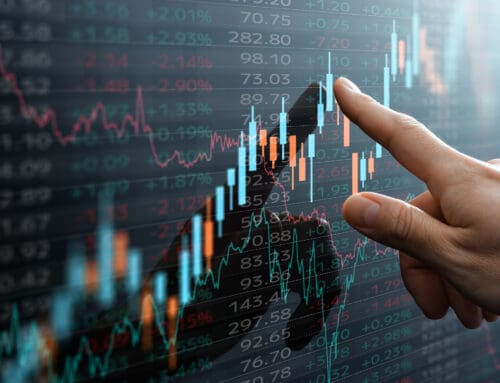 We are now experiencing in the equity markets what I have expected for a number of months. Earlier this year, there were drops of 3 to 5 percent in February, April and July, but none showed quite as much selling violence as we have just seen in the past week.
We are now experiencing in the equity markets what I have expected for a number of months. Earlier this year, there were drops of 3 to 5 percent in February, April and July, but none showed quite as much selling violence as we have just seen in the past week.
From the closing high reached on September 18th, the S&P 500 fell just under 7 percent through Monday’s closing. The other major indices fell between 5.5 (Dow 30) and 9.6 (Russell 2000 Small Caps). This much of a drop is not unusual but especially in this mid-term Congressional election year.
The only differences between one year or cycle and the next are the supposed reasons for the selling which routinely occurs. I would guess that right now it is Ebola and ISIS fears. When our government tells us that Ebola is not a big deal, it is hard to catch, and we probably will not die from it . . . and then they take it all back—that does not inspire confidence.
Likewise we were told that ISIS is a ragtag bunch of misguided extremist jihadists that will not be successful. Then the story is that we can contain them with fighter/bombers only, then we wish we had listened to the military advisors who said we still need boots on the ground. This turn of events has not inspired confidence.
Early in my career I thought psychology was just an interesting branch of fuzzy studies. Now I understand that all the seemingly scientific fundamentals of the stock market substantially depend upon the range of collective emotions between optimism and abject fear. This is now known as Behavioral Finance.
In the 1930’s, FDR said, All we have to fear is fear itself. I suppose that was a good political sound bite, but it is obviously not true. There are many things that rational, intelligent people should fear. But we have such great difficulty judging them by probability and degree.
What my long study of economic and market history has shown me is that life goes on, usually in a better way than anyone’s worst or even middling fears had projected. In the 1960’s, US and Russia were on the brink of nuclear battle and we came through it. When the Arabs first embargoed their oil in 1973, gas prices tripled and we survived. When inflation spiked in the late 1970’s, we changed presidents and policies and recovered.
When the towers came down in September, 2001, we pulled together and carried on. In 2008, we observed that people given too much credit could not pay their mortgages. Therefore, home prices reset downward, the economy shrank and we are still doing our best to work through it. This is what people, especially Americans, do.
The general condition of US public corporations is as good as or better than it has been in decades. They will continue to sell their products and make profits regardless of Ebola and ISIS. Investors will continue to own them. But when more people respond from fear instead of optimism (or even greed), prices and values will fall for an indeterminate period.
It takes a little while to see if a market drop is truly a change of trend or just a cleansing pause in the bullish trend. I have not seen anything yet that would indicate a complete change to a bearish market, but we have sold off some investments that are particularly weak. Energy in the US will be cheaper from now on so it is natural those company stocks would be falling now. But even that fact will be good for most other companies and for us as consumers.
Stay tuned. If you have cash on the sidelines, be ready for the next updraft to begin.
Past performance is no guarantee of future results. Advice is intended to be general in nature. Statistics are obtained from Worden Brothers, Inc., TeleChart 2000, 2014.





